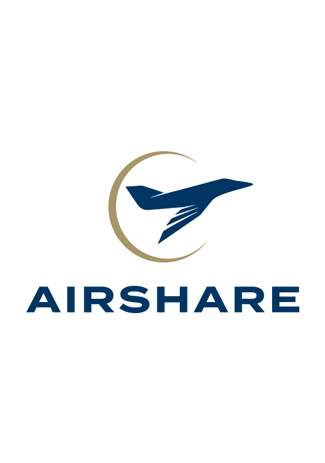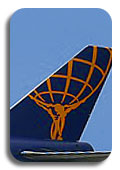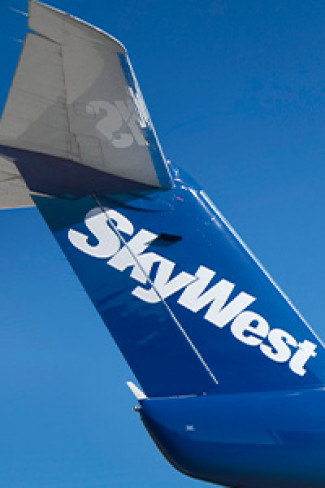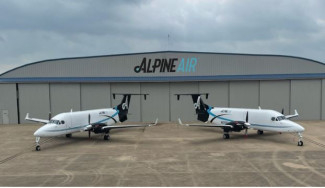Only One Pilot - Senate Set to Review FAA Bill
This month, the Senate is set to vote on a bill reauthorizing the Federal Aviation Administration (FAA), which is the agency in charge of the safety and regulation of airline travel. And despite record deficits caused by the new tax cut for corporations, the FAA still needs to find some government money for funding.
Earlier this year, the House of Representatives passed a five-year reauthorization and funding proposal, and it included a new test program that is of interest to pilots.
The Single Pilot Proposal
Both the successful House bill and the new Senate bill both included a program to test the ability of cargo planes to fly successfully with only one pilot.
Instead of two human pilots, cargo planes included in this limited test would only require one pilot in the cockpit while they are aided by remote-control pilots and automation.
The FAA’s reauthorization and funding bill must pass both the House and the Senate before going to President Donald Trump to become law. At that point, the single pilot proposal would go forward into testing.
The Automation Debate Reignited
Boeing has recently announced that it is working on new technology that will allow planes with over 20 seats to have only a single pilot. And now, this FAA bill has restarted the debate about automation.
Unions representing over 100,000 pilots are lobbying against the new legislation, which dedicates $128.5 million towards research, such as the new test program.
The Opposition
Opponents of this program see a single-pilot plane as being a threat to safety and consumer rights. Automation and autopilot can both handle the mundane tasks of everyday flight, but there are important questions about the fringe cases.
The opposition raises questions such as:
- Can automation assess and handle emergency situations?
- If the airplane suffers equipment failure or there is a severe weather, how can the automation or AI complement the human pilot better than a second person?
- What happens if the single human in the flight is incapacitated?
- Will the general public accept planes with only one pilot?
In Favor
Although it is unsure who exactly put the test program into the FAA bill, those in favor of automation usually have similar arguments.
Automation could potentially save companies money by reducing the amount of pilots they need to hire, and machines are more “perfect” than humans.
Additionally, this technology might be inevitable anyway, so it’s best for regulatory agencies like the FAA to research and test such plans.
The Future
Opponents of the FAA plan say that this is just the beginning. Eventually the single-pilot tests will move to commercial passenger airlines.
The airline industry is not alone in its disruption from automation. Trucking and manufacturing are two industries that may also see mass job loss in the coming decades, and trucking, specifically, shares many of the same autopilot safety concerns.
On the other hand, technology seems to march on, regardless of the FAA’s own research. There may come a time soon when the government needs to truly research what happens in a future where there are simply more people than jobs.
As a pilot, what do you think? Is this industry prime for automation? Or is the safety issue, particularly after 9/11, simply too critical to allow any computer to handle the entire plane?
Chime in on our forums. Join the discussion on automation.
-

Airshare 07/22/2024
-
Alpine Air 07/18/2024
-

Atlas Air 07/17/2024
-

Piedmont Airlines 07/10/2024
-

SkyWest 07/09/2024
 AIRLINE PILOT CENTRAL
AIRLINE PILOT CENTRAL